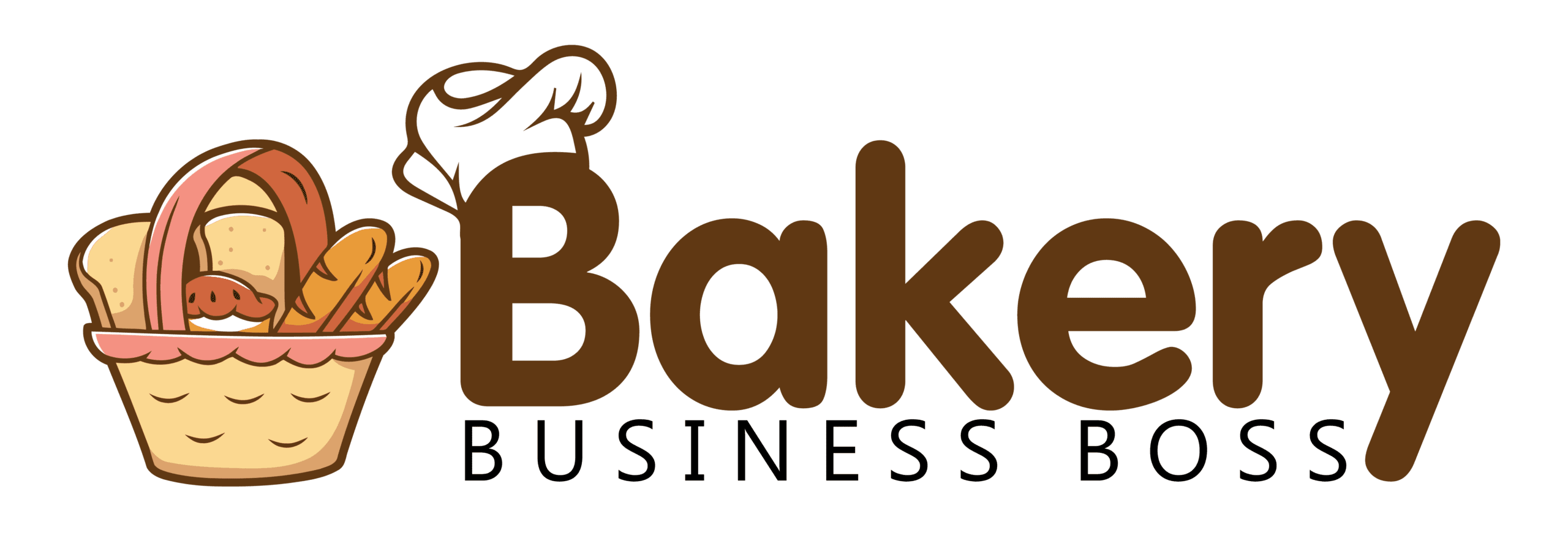Starting a small bakery business is a dream for many food enthusiasts, but it takes more than just a passion for baking to get started. With the right planning, preparation, and resources, you can turn your dream into reality.
The eight things required to start a small bakery business include a business plan, financial resources, baking equipment, baking ingredients, suppliers, a kitchen space, licenses and permits, and marketing materials.
Don’t miss this opportunity to learn about the essentials of launching a small bakery business. Discover the detailed information and tips to get started on the right foot and to set your business on a roll.
A Business Plan

A comprehensive business plan lays out your goals and objectives, including your vision for the business, and serves as a roadmap for achieving them. The business plan also outlines your target market, including the demographics of your ideal customers and their needs and preferences.
A marketing strategy should be included to detail how you plan to reach and attract your target market, including your branding, advertising, and promotional efforts. Also, financial projections are a crucial component of the business plan, as they help you understand the costs of starting and running the business and estimate the potential profits. Finally, with a well-designed business plan, you can be assured that your bakery business is on the right track from the very start.
Financial Resources
The start-up capital is crucial for covering the costs of essential pieces of baking equipment and the expenses of ingredients and supplies. Add to this the initial lease payments and deposits and utility bills to be incurred during the setting up of the bakery. Moreover, financial resources help to sustain the business until it becomes profitable and can generate income. Without sufficient funds, a small bakery business may struggle to get off the ground and succeed as intended. For this reason, it is important to carefully plan and budget for the financial resources needed to start a bakery and ensure that it has the best chance of success.
Five Ways to Make your Bakery Unique
Equipment
A small bakery business needs to invest in its equipment. If it has the right pieces of equipment and material, it will not only make the baking process easier but will also ensure that the baked goods are of the highest quality and can be sold for profit. Additionally, it’s important to purchase equipment that is durable and designed for commercial use to handle the demands of a busy bakery. When planning your equipment list, consider both your current and future needs to ensure that your bakery has the tools to grow and succeed.
Here are some of the essential pieces of baking equipment you will need:
- Ovens that can handle large batches and has precise temperature control
- Mixers that will blend dough, creams, and other ingredients
- A commercial refrigerator or two for storing ingredients and finished products
- Scales to accurately measure ingredients
Baking Ingredients

When starting a bakery, you need high-quality ingredients to produce baked goods that are appealing and delicious. If you use subpar supplies, your bread or cakes may be flawed and then fail to meet customer expectations; so it is essential to invest in the best kinds available.
Flour, sugar, eggs, and butter are the building blocks of most baked goods so investing in these ingredients will set a strong foundation for your business. Depending on your specialty, you may also need to purchase special ingredients, such as butter, chocolate, spices, and fruits.
How Bakeries Improve Their Efficiency: 5 Ways
Suppliers
Starting a small bakery business requires a reliable source of ingredients, packaging, and other necessary supplies. Without these components, it will be impossible to produce quality baked goods to sell and that’s why it is important to have trustworthy suppliers. Here are some reasons why reliable suppliers are a requisite for a bakery business.
- Consistent Quality: Ingredients and supplies will always be of the same high quality, so your baked goods will always taste and look the same.
- On-time delivery: A good supplier will make sure that deliveries are made on time, which lowers the chance that your business will have to stop or be interrupted.
- Competitive Pricing: Working with a reliable supplier can result in better pricing, allowing you to offer competitive prices to your customers while still making a profit.
- Availability of Products: You can rest assured that the products you need will be available when you need them, reducing the stress of unexpected stock shortages when dealing with a regular supplier.
- Long-Term Relationships: Developing a long-term relationship with a supplier can provide stability and peace of mind for your business, as well as discounts and benefits.
Licenses and permits
Depending on your location, you need to obtain business licenses, food safety permits, and other regulatory approvals to ensure your small bakery business complies with local and state laws. These licenses and permits protect both you and your customers, as they ensure that your bakery meets all standards and regulations. Additionally, failure to obtain them can result in fines or legal action against your business.
Having the proper licenses and permits helps establish the credibility of your business. Customers are more likely to trust a bakery that has been granted the proper licenses and permits, and it can also help you attract new customers who may have been hesitant to try your baked goods otherwise.
Six Items Every Bakery Should Have
Marketing Materials
Last but not the least, a small bakery business needs business cards, flyers, brochures, and other promotional materials to help you reach your target market. They play a crucial role in promoting your venture to potential customers. Business cards are a simple yet effective tool to share your business information with clients and build professional relationships. Flyers can be used to spread the word about your bakery, its products, and its services in the local community. Other promotional materials like posters, banners, and brochures can also help in attracting customers and showcasing your brand.
Conclusion

Starting a small bakery business requires careful planning and preparation, as well as the right resources. A comprehensive business plan, essential baking equipment, high-quality ingredients, kitchen space, licenses and permits, marketing materials, financial resources, and reliable suppliers are the eight essential things you need before opening your own bakery. By following these steps, you can turn your baking passion into a successful small business that provides delicious baked goods and creates a loyal customer base.
Five Home-Baking Business Ideas
Frequently Asked Questions
Consider factors such as foot traffic, competition, nearby shops and attractions, accessibility, and cost. Research the area’s demographics and market potential to ensure the location aligns with the target audience and will provide enough business to sustain growth.
Support systems such as mentorship, business incubators, and professional networks can be helpful when starting a small bakery business. These systems can provide guidance, resources, and networking opportunities to help entrepreneurs navigate the challenges of starting and growing a small business.
To learn more on how to start your own bakery business check out my startup documents here
This blog post is provided for informational purposes only. The information contained is not intended to constitute legal advice or to substitute for obtaining legal advice from a qualified attorney.

About the author. Entrepreneur and Bakery Business Fan.
Hi! I am Shawn and I am a happy individual who happens to be an entrepreneur. I have owned several types of businesses in my life from a coffee shop to an import and export business to an online review business plus a few more and now I create online bakery business resources for those interested in starting new ventures. It’s demanding work but I love it. I do it for those passionate about their business and their goals. That’s why when I meet a bakery business owner, I see myself. I know how hard the struggle is to retain customers, find good employees and keep the business growing all while trying to stay competitive.
That’s why I created Bakery Business Boss: I want to help bakery business owners like you build a thriving business that brings you endless joy and supports your ideal lifestyle.

